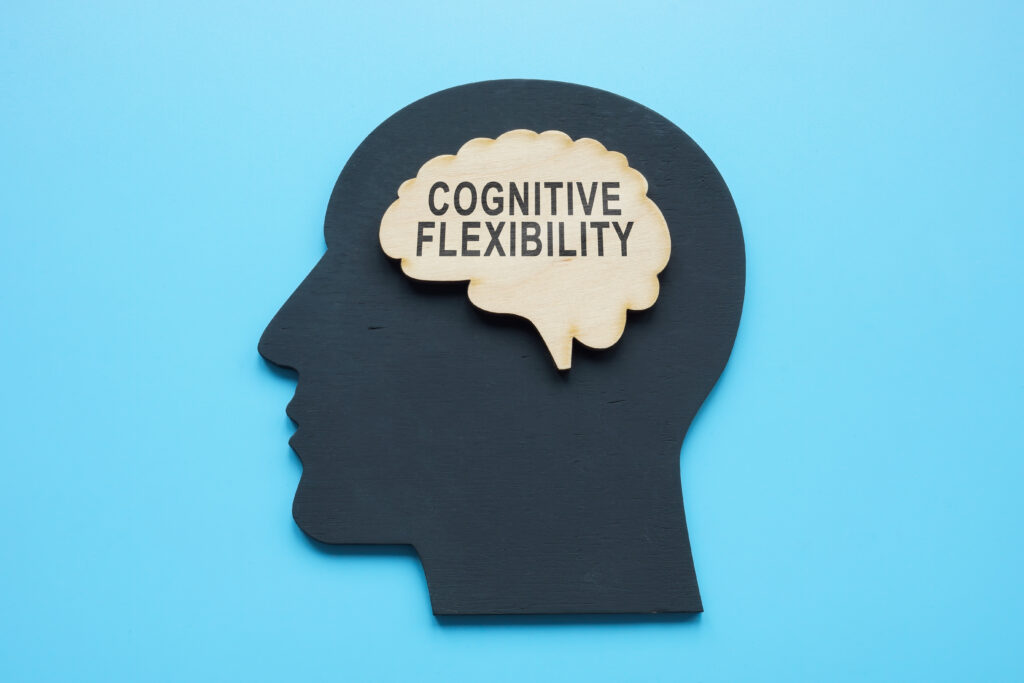Dementia is a serious and complex condition that affects millions of people worldwide. It is a condition that gradually impairs a person’s memory, cognitive abilities, and behavior. However, there is a type of dementia that has a quicker onset and progresses at a faster rate than other types. This type is known as quick onset dementia, also referred to as rapid dementia or acute onset dementia. In this article, we will delve into what quick onset dementia is, its causes, symptoms, and treatment options.
What is Quick Onset Dementia?
Quick onset dementia is a type of dementia that has a sudden and rapid progression, typically within a period of weeks or months. It is different from other types of dementia, such as Alzheimer’s disease, which has a gradual onset and progresses over several years. The rapid decline in cognitive abilities and functioning is the hallmark of quick onset dementia.
Causes of Quick Onset Dementia
There are various causes of quick onset dementia, and it can be challenging to pinpoint the exact cause in some cases. One of the main causes is damage to the brain’s blood vessels, which can result from a stroke or conditions like vascular dementia. Another common cause is an infection, such as meningitis or encephalitis, which can inflame the brain and cause cognitive decline. In some cases, quick onset dementia can also be triggered by an underlying medical condition, medication side effects, or alcohol or drug abuse.
Symptoms of Quick Onset Dementia
The symptoms of quick onset dementia may vary depending on the underlying cause, but there are some common signs to look out for. One of the most noticeable symptoms is a sudden decline in memory, especially short-term memory. People with quick onset dementia may also have difficulty with language and communication, struggle with problem-solving and decision-making, and experience changes in mood and behavior. They may also have trouble with everyday tasks, such as dressing and bathing, and may become increasingly disoriented and confused.
Treatment Options for Quick Onset Dementia
Unfortunately, there is no cure for quick onset dementia, as with other types of dementia. However, there are treatment options available to help manage symptoms and improve the individual’s quality of life. These include medication to help control symptoms such as depression and anxiety, speech and language therapy to improve communication skills, and occupational therapy to assist with daily tasks. In some cases, surgery or other medical interventions may be necessary depending on the underlying cause.
Caring for Someone with Quick Onset Dementia
Caring for someone with quick onset dementia can be challenging and emotionally draining. It is essential to seek support from family, friends, and healthcare professionals to help manage the physical, emotional, and financial demands of caregiving. It is also crucial to learn as much as possible about the condition and how to communicate effectively with the person affected. Creating a safe and supportive environment and staying patient and understanding can also go a long way in providing care for someone with quick onset dementia.
In conclusion, quick onset dementia is a type of dementia that progresses rapidly and can have a profound impact on a person’s life. It is crucial to seek medical advice if you or a loved one experiences sudden changes in cognitive abilities or behavior. While there is no cure, early detection and proper management can help improve the quality of life for those living with quick onset dementia. If you are caring for someone with this condition, remember to take care of yourself and seek support when needed. With proper care and support, individuals with quick onset dementia can continue to live a fulfilling life.


